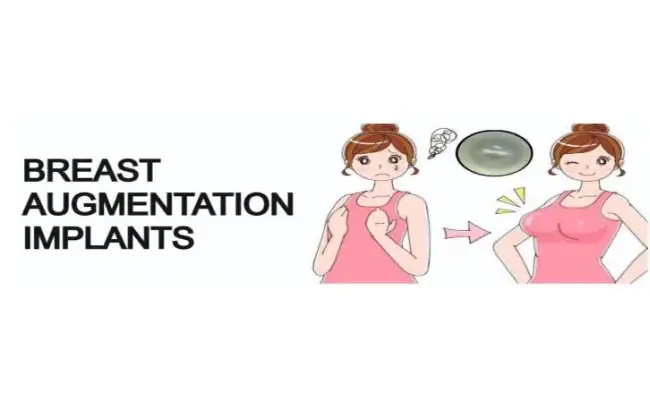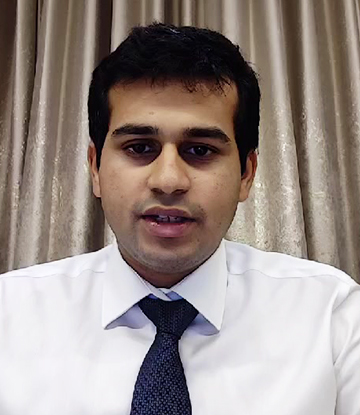- Home
- General Surgery
- Orthopaedic
- Other Specialities
- About us
- Blogs
- Gallery
- Contact
24 Hours Accident, Trauma & Other Emergency Services . . .
Get Free Consultation
Why choose us
Hospital Highlights
Kapadia
Multispeciality Hospital.
A venture of Modi Healthcare Group
- 35 Years Of Trust & Service Delivery
- NABH Accredited Hospital
- International Standard Glass Operation Theatre
- Highly Experienced Senior Surgeon & Consultant Panel
- Personalized Care With “Carebuddy” System
- Urgent Ambulance Services
- Cashless Hospital
Excellent
Surgical Centre
Surgical Centre
Multispeciality Hospital in Mumbai that offers Critical Care for Laparoscopic Surgery, Orthopedic Surgery, Laser Proctology, Laser Kidney Stone Surgery, Cancer Surgery, ENT Surgery, Gynec Surgery.
Kapadia
Multispeciality Hospital.
Multispeciality Hospital.
Welcome to Kapadia Hospital, the Best Multispeciality Hospital in Mumbai with latest medical technology and backed by Multispeciality Doctors in Mumbai who offer a wide variety of procedures and services for men and women of all ages. Special quarantine ICU wards are also available.We have established partnerships with top-tier health insurance providers to facilitate seamless and cashless hospitalization for you. These longstanding collaborations reflect the trust they place in us to deliver exceptional service. Thus making us one of the leading cashless hospital in Goregaon, Mumbai.
Know More Info.
Personalized Care With “Carebuddy” For Each Patient
Infrastucture And Facilities Kapadia Hospital









.webp)
.webp)













